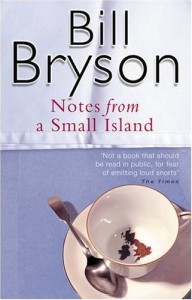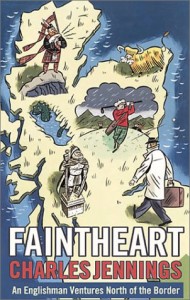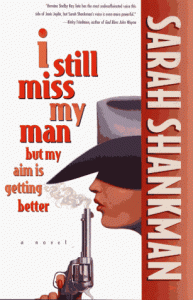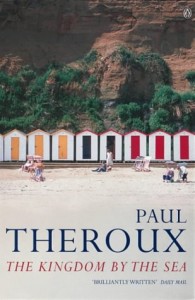Ok, so now I’ve raced through the Harriet Vane novels (Strong Poison, Have His Carcase, Gaudy Night, Busman’s Honeymoon and Thrones, Dominations) but as I’ve talked about them before I don’t think I will bother you with them now (except to say they are still excellent). I had something less of an existential crisis this time around, no doubt being a mite prepared for what awaited me helped.
I then went on to a long-awaited book by a Norwegian author, and therefore the rest of this is in Norwegian…
Så kom det ENDELIG en ny Varg Veum bok! Trilogier er vel og bra Staalesen, men det er nå bøker som Som i et speil jeg helst vil ha da (men du skriver kanskje ikke bare for min fornøyelse, eller?).
Feilen med å «anmelde» krimbøker er selvsagt at det blir så vanskelig å si noe meningsfylt uten å røpe noe om handlingen. Skal vi se… Veum blir som vanlig hyret til noe som ser ut som en ganske harmløs, eller i hvert fall enkel, sak – men som viser seg både å ha røtter lengre tilbake i tid og å involvere flere mennesker enn det Veums klient gir inntrykk av. Nei, vet du hva. Du får stole på meg: Boka må du lese så det er meningsløst for meg å si noe mer om handlingen.
Addendum:
Ok, ok… Here’s a quick translation: «So there’s FINALLY a new Varg Veum novel! Trilogies are all well and good, Staalesen, but it’s books like «As in a mirror» I prefer (though possibly you don’t write for my pleasure only?).
The problem with writing about crime fiction is obviously that it is so hard to say something meaningful without giving the plot away. Let’s see… Veum is, as ususal, hired on a case that appears to be pretty harmless, or at least straightforward – but which turns out to have roots stretching further back and to involve more people than Veum’s client wants to let on. No, sorry. You’ll have to trust me: You need to read the book anyway, so it’s pointless for me to say anything more.»
I’ve also done a quick search and it seems at least one Staalesen book has been available in English, at least amazon.co.uk has a listing for At Night All Wolves are Grey. So I guess there’s hope for all you non-speakers, too. Or you could just learn Norwegian. Staalesen is worth it.



